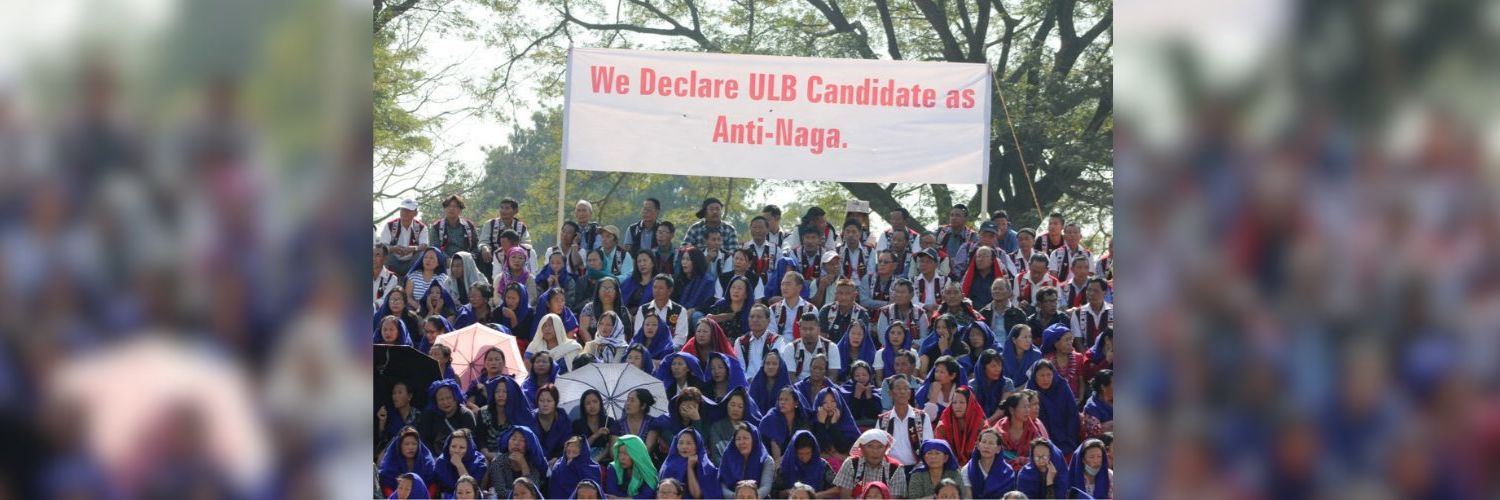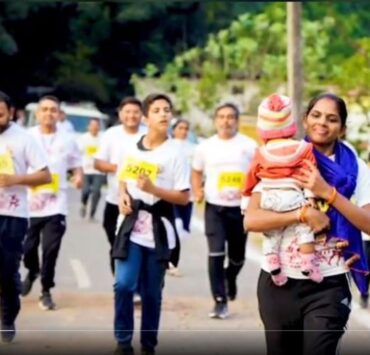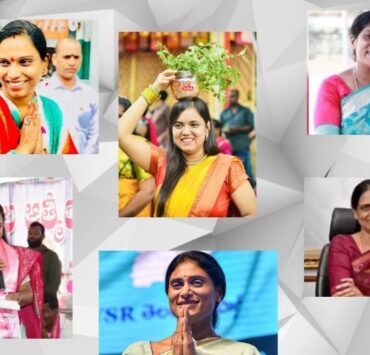
By Aheli Moitra

33% reservation of seats for women in urban municipal bodies
Nagaland recently passed a historic legislation that reserves 33 per cent of seats in the state’s urban municipal councils for women. This development has ended, for now, a long and complicated impasse over the issue marked by strong objections from some civil society organisations.
A special session of the Nagaland Legislative Assembly was held on 9 November to green light the Nagaland Municipal Bill 2023, providing for reservation of one third of seats in municipal councils for women. The Bill was passed through a voice vote after the earlier Nagaland Municipal Act 2001 was withdrawn (the last polls to be held under the older law took place in 2004).
Naga tribe hohos, or civil society organisations, had raised objections to the provisions related to women’s reservation and property tax in the now-withdrawn Act. They claimed that these provisions infringed upon rights related to Article 371-A of the Indian Constitution, particularly rights related to Naga customary laws and practices.
The new Bill was introduced in the monsoon session of the state Assembly in September 2023. A seven-member select committee comprising state legislators was thereafter constituted to examine the proposed legislation. Following consultation with three bodies representative of all Naga tribes in Nagaland, the select committee’s recommendations included an exemption from reservation for the position of council chairperson and exclusion from property tax in the municipal areas governed by the respective councils. Municipal councils were to be free to levy their own taxes as per their needs. These recommendations were accepted and the Bill was passed during the recent special session of the Assembly, held a day before a Supreme Court hearing on the matter scheduled for November 10.
The court hearing pertained to a civil appeal filed by the People’s Union for Civil Liberties (PUCL) after the Nagaland government tried to wiggle its way out of a Constitutional provision that mandates reservation of seats for women in elected bodies of local self-governance. The state government has now told the Supreme Court that it will frame the required rules within a month and conduct municipal elections by April 2024.
However, civil society actors remain apprehensive. Although the state government has told the Supreme Court that 16 major and 7 minor tribes have agreed to the new provisions, some tribe hohos have raised objections, stating that they were not consulted.
In 2017, protests against elections announced to the urban local bodies as per the 2001 law (amended in 2006 and 2016) led to the resignation of the then Chief Minister, TR Zeliang, of the Naga People’s Front. A joint committee of tribe hohos constituted to protest against the elections organised young men, and some women, to take over city streets in protest, declaring all candidates intending to stand for election as ‘Anti-Naga’. Two protestors died in a clash with the state police.

A similar situation had unfurled in 2011, leading to the cancellation of elections. The Naga Mothers’ Association (NMA) had then started the legal battle to push for elections to municipal bodies with one third of seats reserved for women. The NMA and PUCL had filed a joint petition in the Gauhati High Court in 2011 seeking elections to the municipal councils; this is the case that eventually went up to the Supreme Court. The litigation led to a long cat and mouse game that saw the state trying to appease the apex court, on the one hand, and the tribe hohos, on the other. The back and forth led to the Supreme Court reprimanding the state government for attempting to evade the reservation issue.
Following the 2017 protests, the NMA took a severe hit. Many of its constituent units were forced to leave the Association’s fold under pressure from their apex tribe hohos, which were led by men; the NMA was also made to withdraw from the case as co-petitioner. Nonetheless, the NMA’s legal advocacy was a major initiative that eventually led to the current legislation.
Earlier this year several tribe hohos accused the NMA of driving a ‘wedge of suspicion’ between the ‘the two genders of society’. The NMA responded that it had nothing to do with customary laws and traditions, but supports public policy that ‘empowers and protects women’s rights’.
Nagaland has a high rate of literacy, with 82.75 per cent of men and 76.11 per cent of women counted as literate in the last Census of India (2011). The state’s women are major contributors to the urban and rural workforce. Earlier this year the state elected two women to its Legislative Assembly for the first time since it became a state in 1963.
The new law has yet to be announced in the official gazette, and it is subject to review based on inputs from civil society every 10 years. However, Chief Minister Neiphiu Rio, who heads an opposition-less government led by the Nationalist Democratic Progressive Party and the Bharatiya Janata Party, has described the new legislation as a ‘beginning’ for the process of urbanisation in Nagaland.
Elections are expected to be held in 39 municipal and town councils. Candidates wishing to contest elections will need to prove that they are ‘indigenous inhabitants’. It is not yet clear what revenue model these councils will follow without taxing citizens. The situation may lead to them being heavily dependent on central funds. If so, they will be in a similar predicament as the state of Nagaland – with a democratically elected government that remains dependent on Delhi for finances, and thereby, politics.
Aheli Moitra was a journalist working in Nagaland; she is currently a PhD student in Norway.




